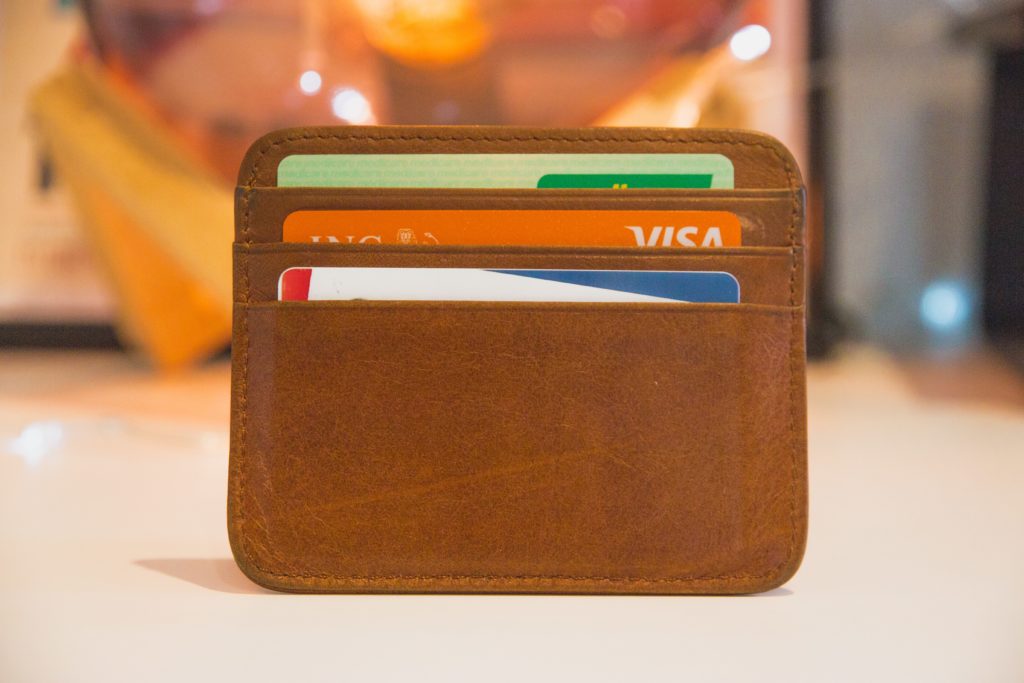Identity thieves are searching for ways to use your personal information, charge purchases in your name, steal your medical account information and get your tax refunds. Consumers filed more than 1.4 million identity theft reports with the Federal Trade Commission in 2020—twice as many as in 2019 according to Money Talks News’ recent article entitled “Beware These 8 Signs of Identity Theft” .
- You see changes in your credit report. When you check your credit, look through the report for anything out of place, such as charges and accounts that you don’t recognize. This can be proof that an identity thief has accessed your credit accounts or opened new accounts in your name. Check your credit report regularly. It’s easy to do online. You’re entitled by federal law to one free report every 12 months from each of the three major credit-reporting companies (Equifax, Experian, and TransUnion). In the pandemic, you can get a free report every week.
- A merchant declines your check. If you balance your checkbook and pay bills on time each month, you may be surprised if a merchant refuses a personal check. However, it may signal that a thief has been using your bank account or opened an associated account in your name.
- You see unexplained charges. Look through your bank and credit card account statements for unusual charges for withdrawals you don’t recognize and can’t explain. If you’re a victim of identity theft, file a report with the Federal Trade Commission at IdentityTheft.gov. You can also contact the three major credit bureaus to request a credit freeze. This prevents new accounts from being opened in your name. You can now place and lift a credit freeze for free.
- You get no mail. A thief may be intercepting your mail, if your bills or other correspondence don’t come as expected.
- You receive calls from debt collectors. If you’re diligent in paying your bills, and you get a call from a debt collector, it could be about debts that were incurred by someone else in your name.
- Your health insurer rejects a claim. Your insurer’s records could show that you’ve reached the limit of your benefits. This can occur if thieves target your medical account and take advantage of all the benefits, so you can’t make a legitimate claim. Don’t click on unfamiliar or potentially suspicious links.
- You get an unexplained medical bill. You may get a bill from a doctor for services you didn’t use. If so, be suspicious because a thief may have accessed your health insurance information and used it to receive medical care, sticking you with the bill.
- You see suspicious changes in your medical records. Another tip-off that you’ve become a victim of fraud is if your medical records include a health condition that you don’t have. This could damage your ability to get the care that you need.
Act quickly if identity theft occurs and report it. One way to reduce the risk of identity theft or financial exploitation is to protect your assets within a trust, or appoint an agent with a Durable Financial Power of Attorney to oversee your accounts. An experienced Elder Law Estate Planning Attorney can help. Contact our office today for a free consultation.
Reference: Money Talks News (Aug. 10, 2021) “Beware These 8 Signs of Identity Theft”




